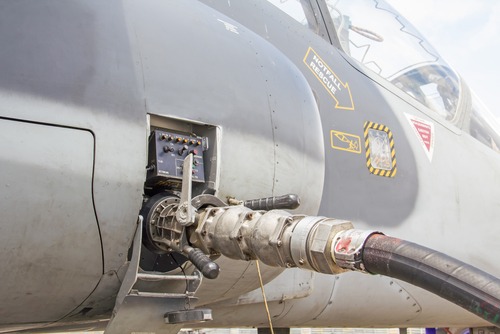
The Federal Aviation Administration (FAA) recently awarded five universities more than $1.4 million to research building sustainable aviation fuel supply chains in different regions.
The universities will research barriers that need to be eliminated to drive down the cost of sustainable aviation fuel, create a dependable supply near airports, and identify regional feedstock that can be used to develop sustainable aviation fuel.
The University of Hawaii received 100,000 to develop a model for tropical oil supply chains and assess gasification systems.
The University of Tennessee received $100,000 to support the development of an industry that would produce sustainable aviation fuel using woody biomass feedstock in the Central Appalachian Region.
Purdue University received $350,000 to examine how land-use impacts sustainable aviation fuels on greenhouse gas emissions.
Washington State University received $412,000 to evaluate supply chains for their ability to create jobs, aid industry, and add resiliency to the national liquid fuel supply; and to examine the potential for retrofitting existing petroleum refineries, dry corn ethanol plants, pulp and paper mills, and sugarcane mills for jet fuel production.
Lastly, the Massachusetts Institute of Technology received $450,000 to study the economic and environmental sustainability of a range of fuel pathways.
These awards are part of $14.4 million awarded to 13 universities.